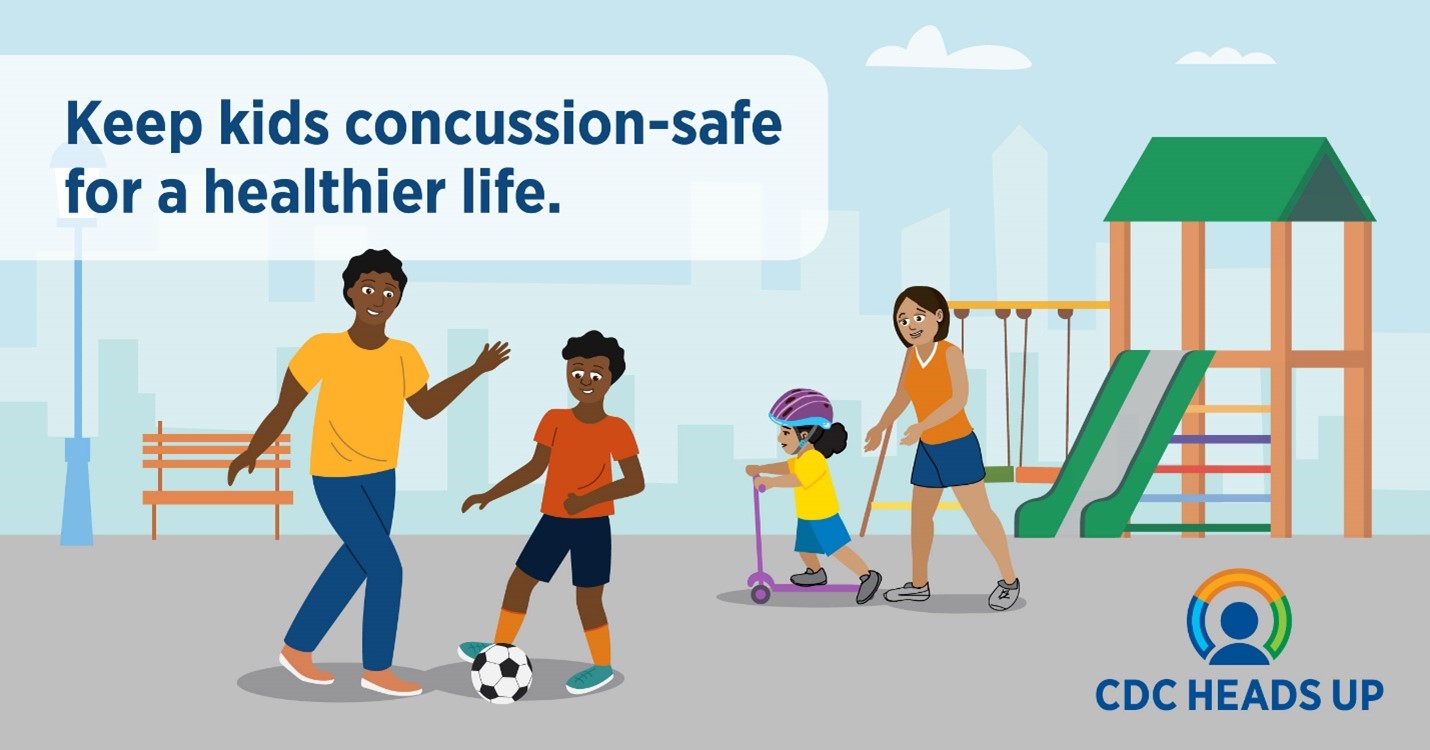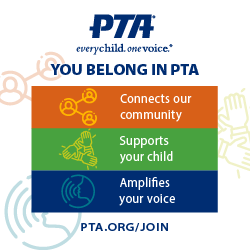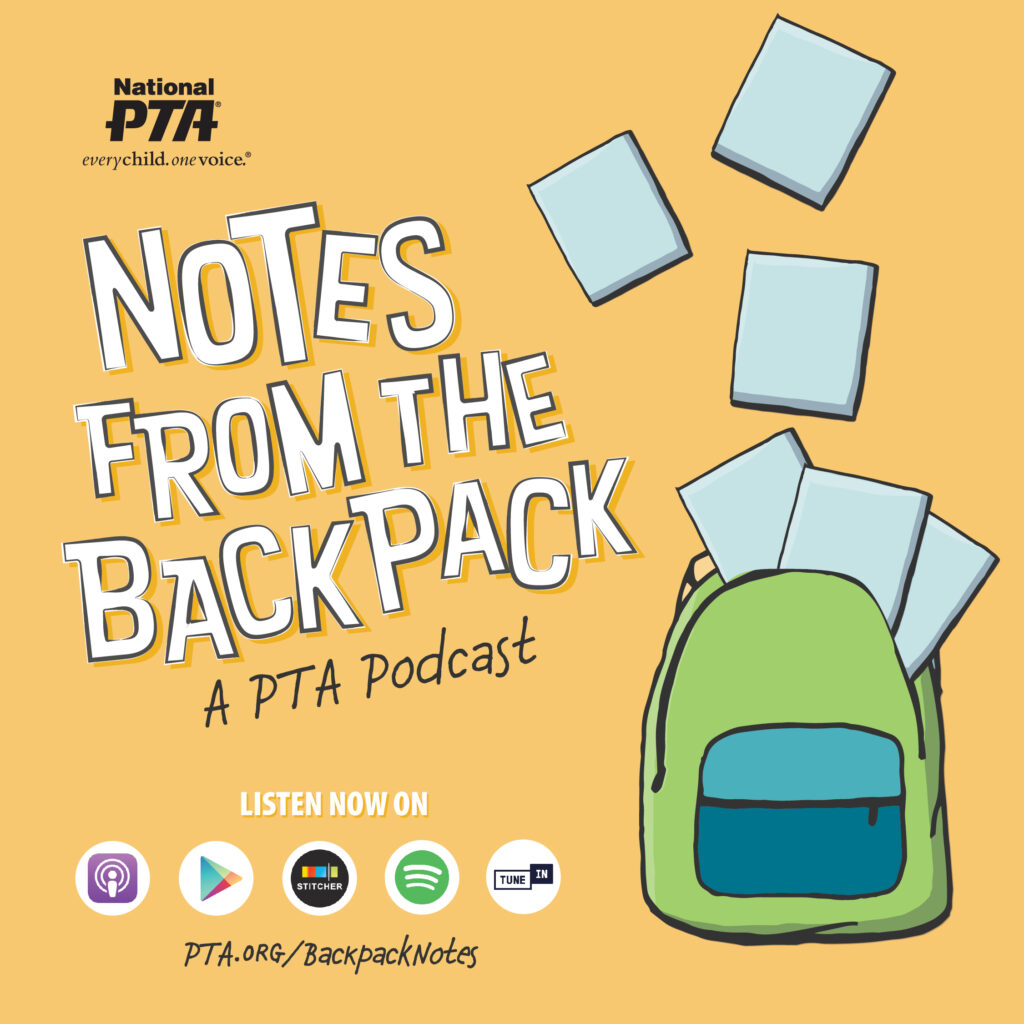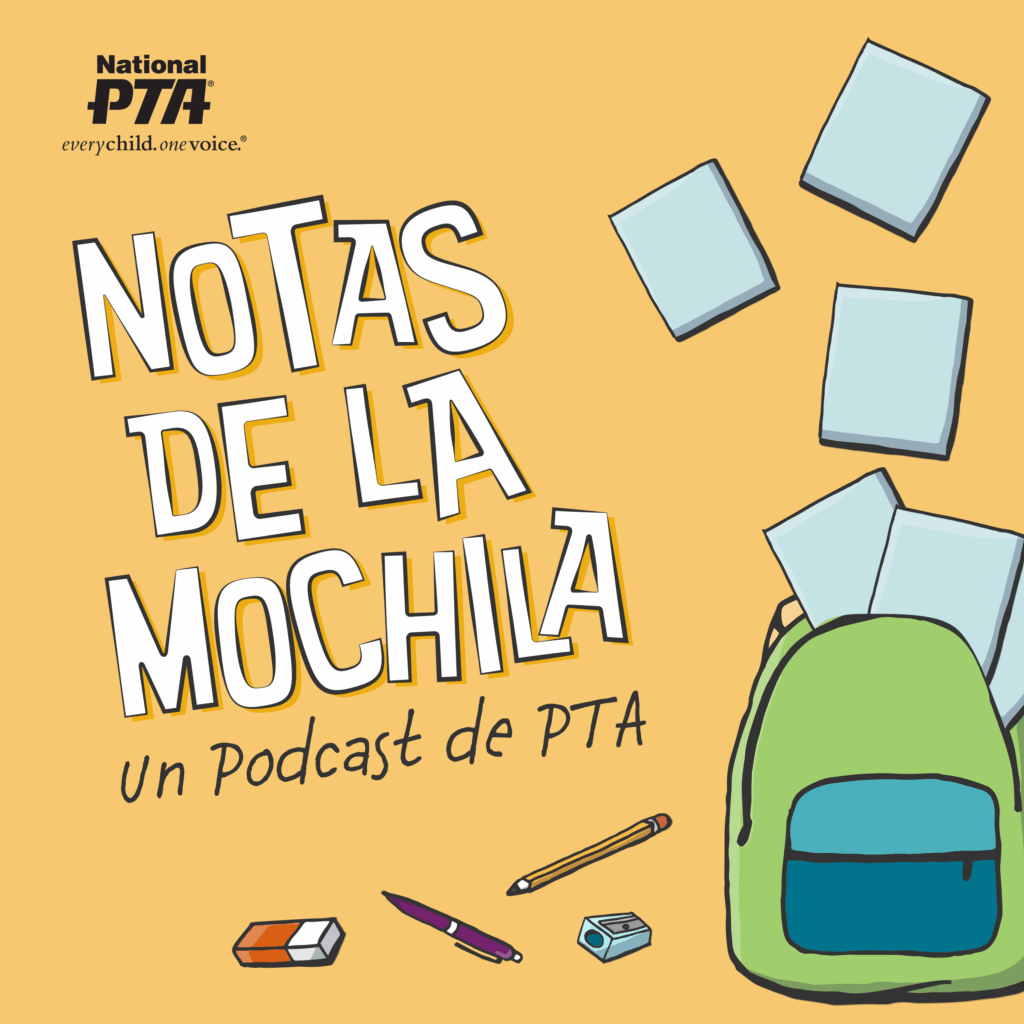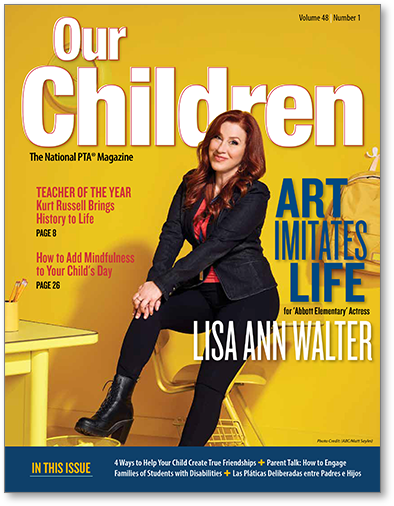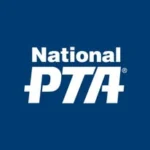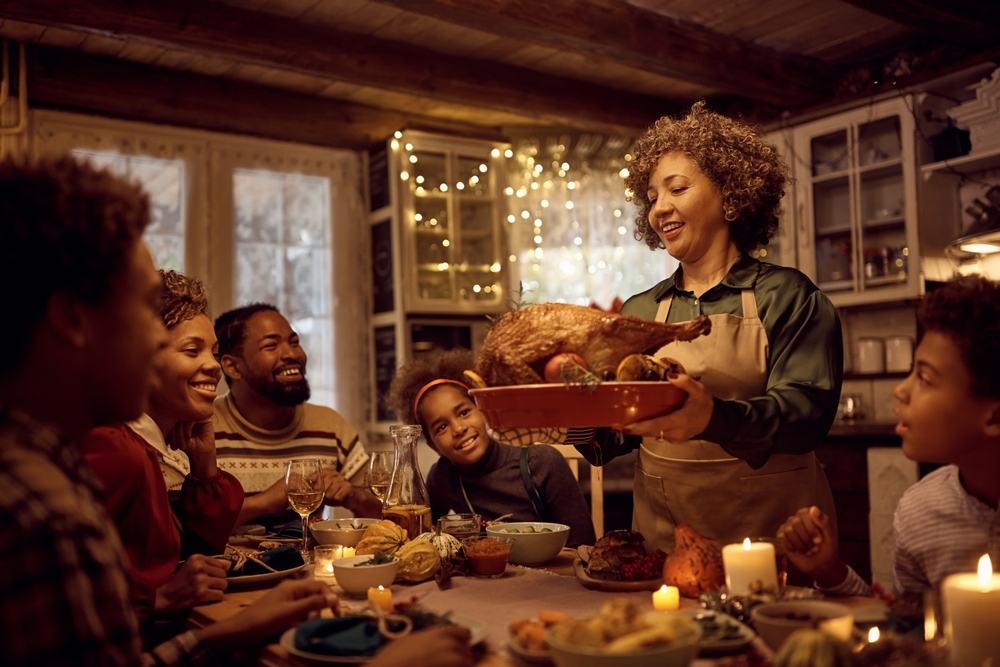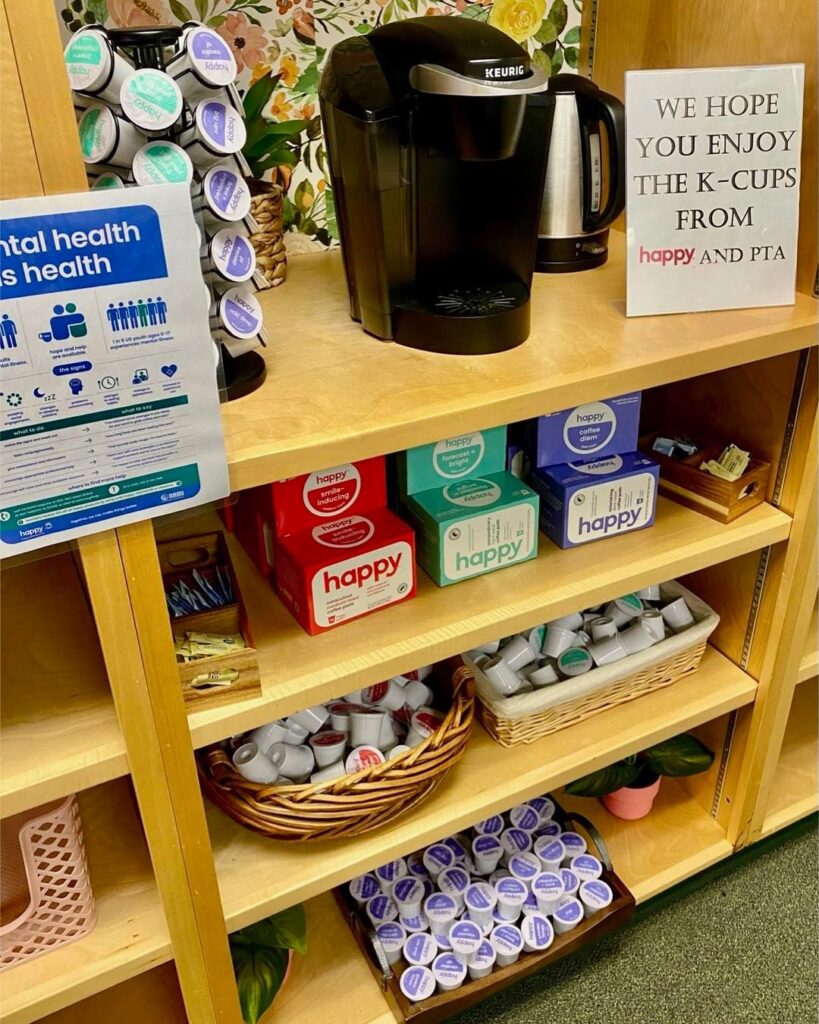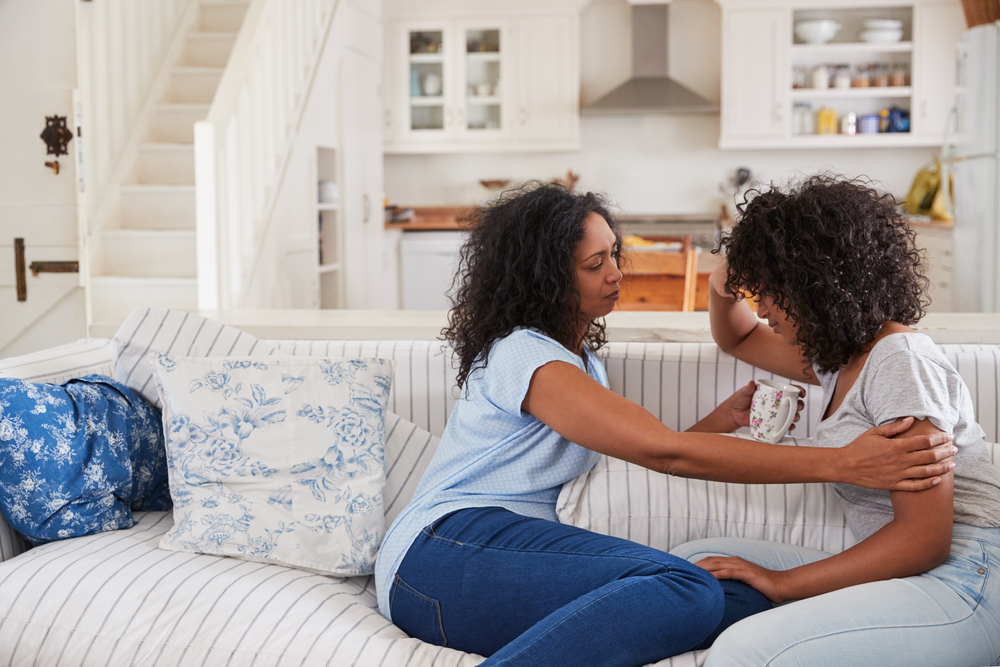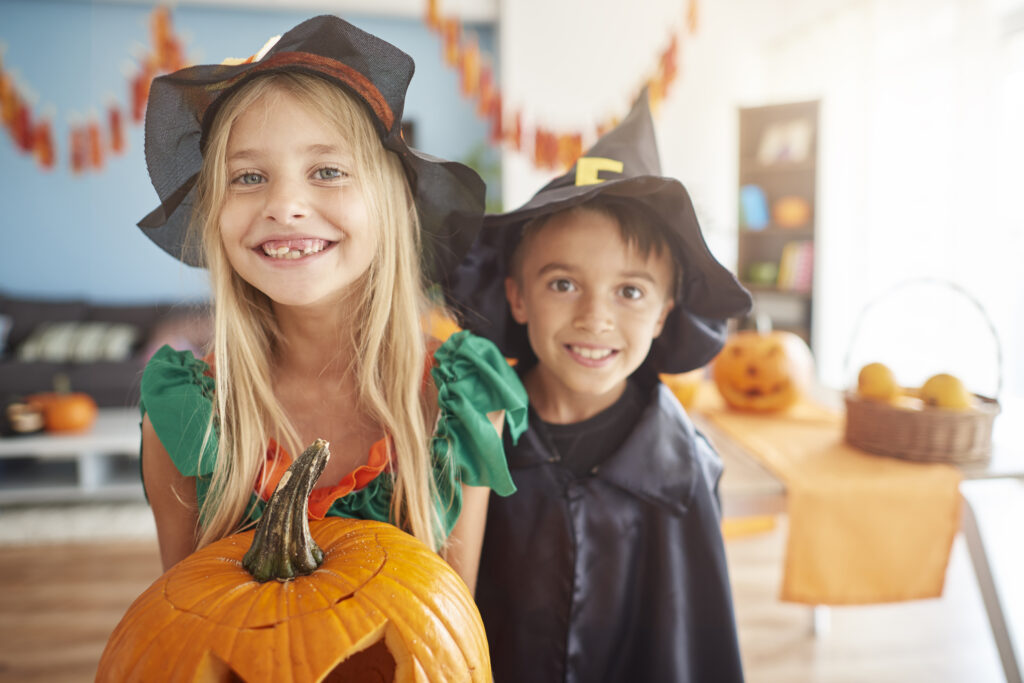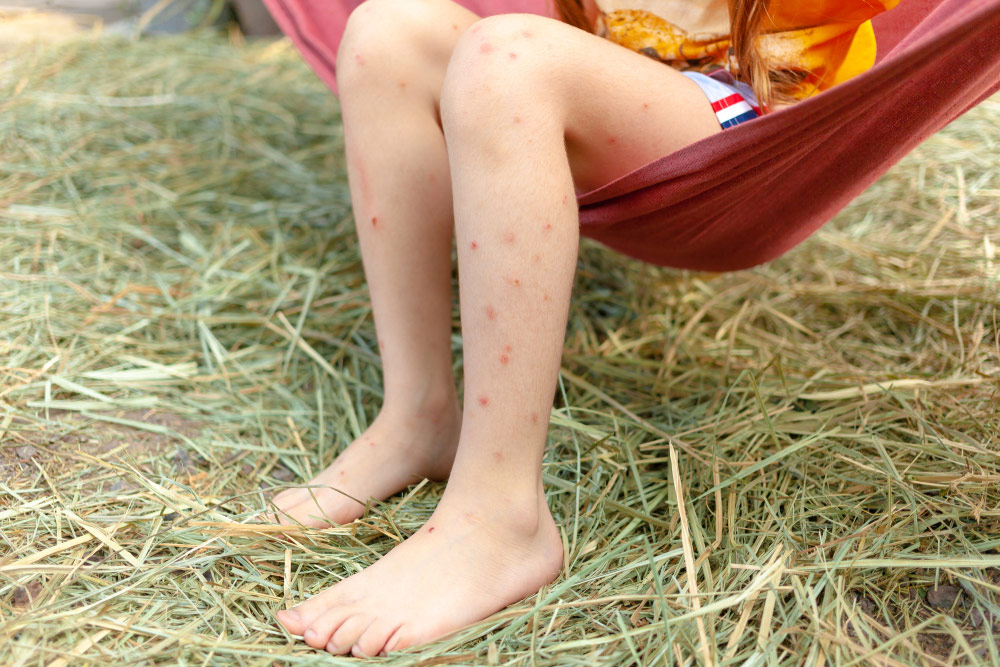As parents and caregivers, we want to help children learn, grow and play. We also want to keep them safe, while knowing what to do if they get hurt. A concussion is a type of brain injury that can change the way a young person’s brain normally works. It can affect the physical, mental and emotional well-being of children and teens.
A concussion can happen from things like a blow to the head, a fall from a bike or scooter, a car crash and other hits or jolts to the body—anything that causes their brain to move quickly back and forth in their head. Concussions can have negative effects on how your child’s brain grows—but actions you take now can prevent them, or help speed recovery if the unexpected happens.
You might feel unsure about how to tell if your child got a concussion after a head hit, or worried about what to do if your child experiences one. Here are 3 things you can do to as a parent help prevent, recognize and respond to concussions and other head injuries:
Prioritize Concussion Safety
Here are some ways you can do that:
- Ensure your child is buckled up and in the right car or booster seat.
- Keep your child safe from falls in places like stairs and playgrounds.
- Make sure your child wears the right head equipment, knows safety rules for their sport, and how to lower their chance for head hits.
- Talk to your child about concussions and other serious brain injuries. Encourage them to let you know if they hurt their head during play or other activity.
By making concussion and brain safety part of everything you do, you can prevent brain injuries before they happen.
Know the Signs
Unlike other injuries, you can’t see a concussion. That’s why it’s important to know the concussion signs and symptoms. You will generally notice signs and symptoms—such as headache, dizziness, nausea, or imbalance—soon after your child’s injury. They may look different according to your child’s age. You know your child best, so monitor them carefully for any changes in their normal behavior.
Get Care
If you think your child may have experienced a concussion, they need to be examined by a healthcare provider right away. Let them know about your child’s signs and symptoms. They can provide the right care guidance, and tell you about things like severity, how to manage their symptoms, and what their recovery might look like.
For over 20 years, the Centers for Disease Control and Prevention (CDC)’s HEADS UP campaign has played a critical role in keeping kids safe from concussions and other serious brain injuries. Parents and caregivers can learn more about concussion signs and symptoms, concussion care and recovery, and concussion effects. Keeping your child safe from the harmful effects of concussions and other brain injuries means they can learn better, work better and live a healthier life.

